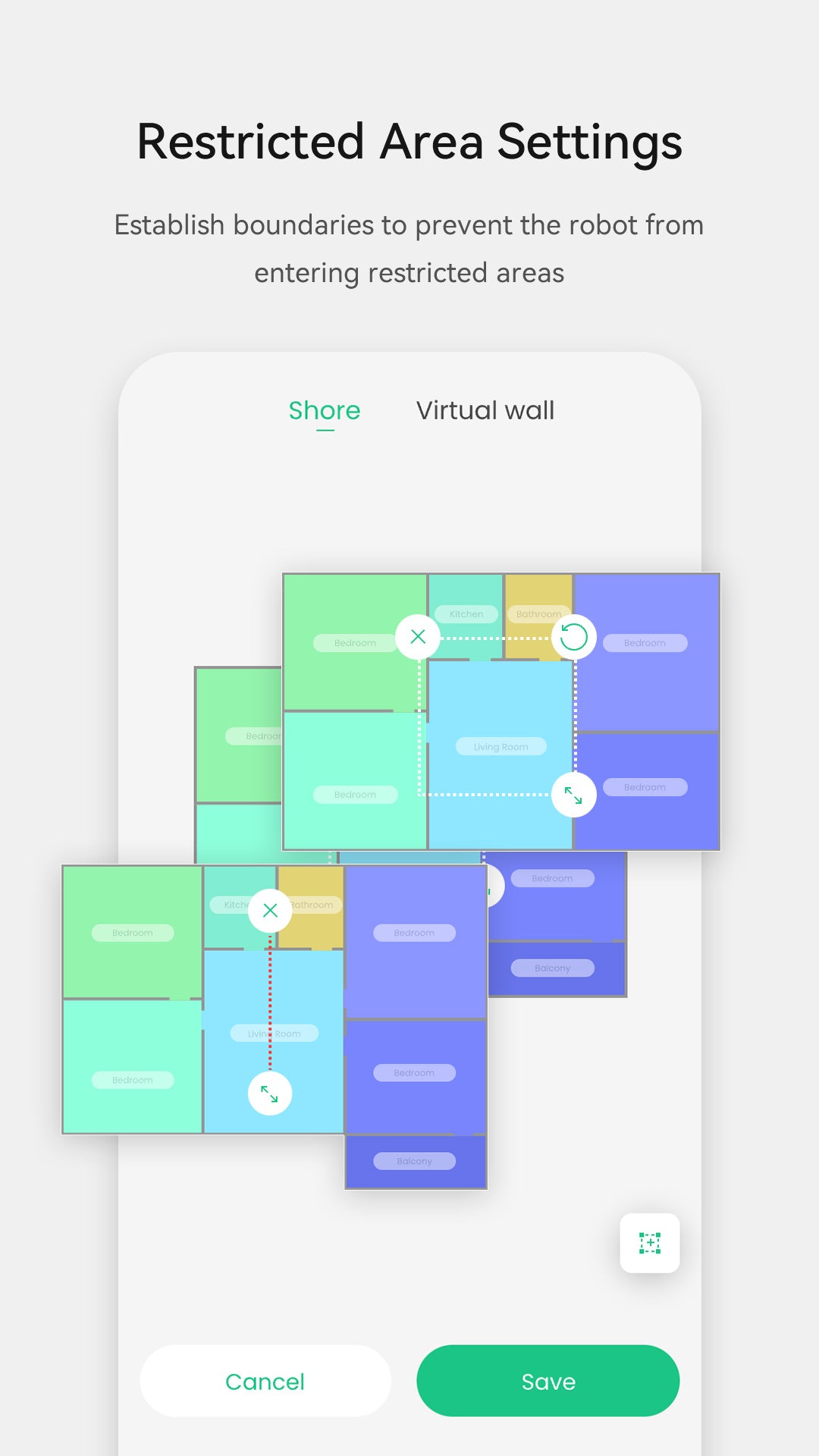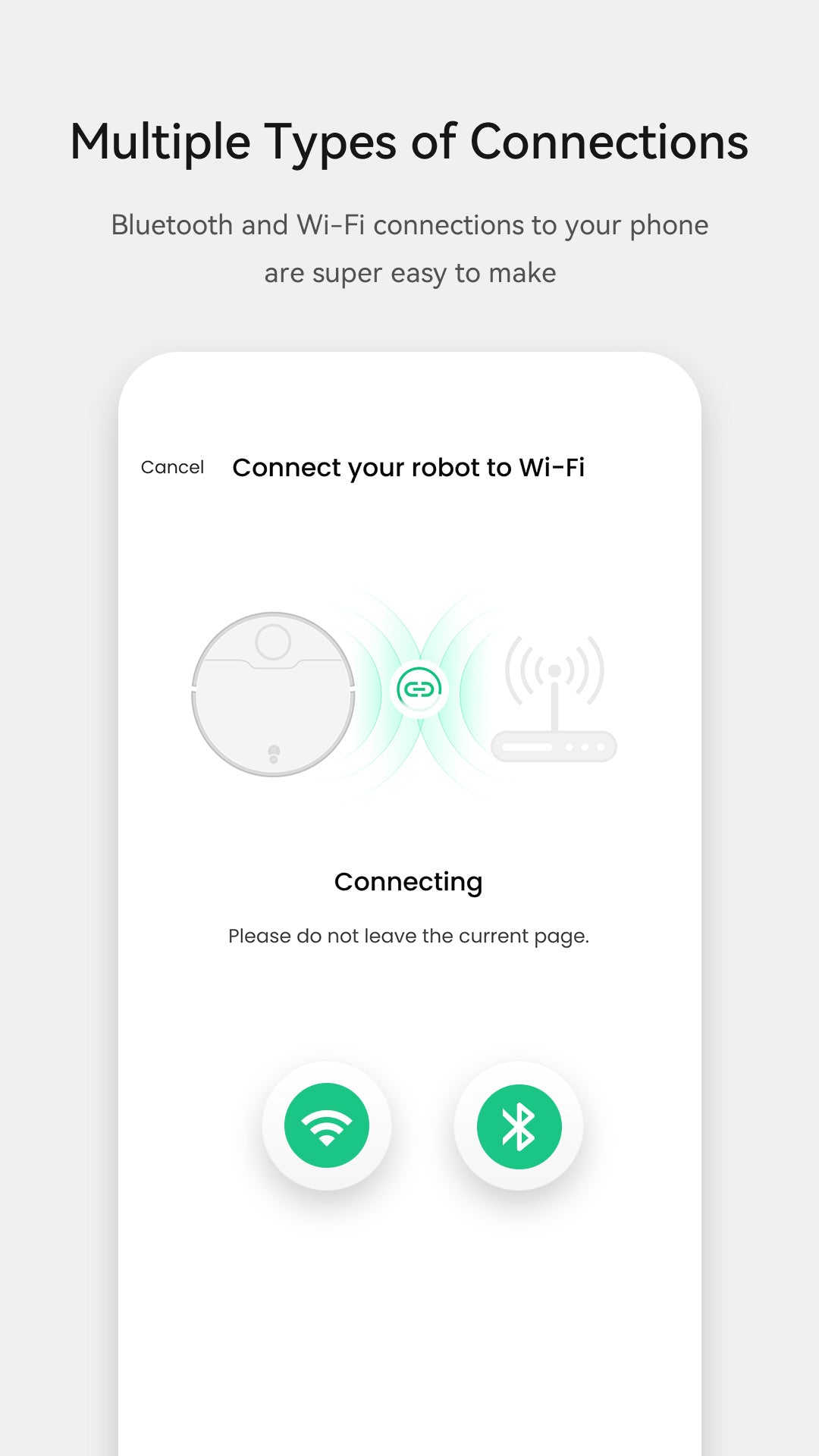The market for smart home devices has witnessed significant growth in recent years, particularly with the advent of robot vacuums equipped with app integration. These innovative cleaning solutions not only enhance convenience but also raise important legal and regulatory considerations that must be addressed to ensure compliance and consumer safety.
Click to find more about robot vacuum with app.
Overview of Robot Vacuums with App Integration: Legal Considerations
Robot vacuums featuring app connectivity present unique legal attributes that stem from their operational capabilities and data handling practices. Primarily, these devices are subject to various regulations concerning consumer electronics, privacy laws, and product safety standards. The incorporation of mobile applications necessitates adherence to certification requirements that govern software functionality as well as hardware performance. Consequently, manufacturers must navigate a complex landscape of legislation aimed at protecting consumers while promoting technological innovation.
Robot Vacuum Cleaner for Home: Certification Requirements Explained

The certification requirements for robot vacuum cleaners designed for home use encompass several critical aspects including electrical safety standards, electromagnetic compatibility (EMC), and environmental impact assessments. Compliance with international standards such as IEC 60335-1 ensures that these products meet essential safety criteria before they can enter the market. Furthermore, certifications like CE marking in Europe or UL listing in North America signify adherence to rigorous testing protocols intended to safeguard users against potential hazards associated with electronic appliances.
Find more about robot vacuum cleaner for home.
Tuvacs: Distinctive Features in Certification Requirements
Tuvacs exemplifies a brand committed to meeting stringent certification requirements within the robotic vacuum sector. Their products undergo comprehensive evaluations by accredited third-party organizations which assess both functional reliability and user safety features. Tuvacs places particular emphasis on ensuring compliance with GDPR regulations regarding data protection when utilizing app functionalities—an increasingly vital consideration given the rising concerns over personal information security among consumers.
Conclusion
In summary, robot vacuums equipped with app integration embody a convergence of advanced technology and regulatory scrutiny within the marketplace. As we have explored through this analysis, understanding their legal attributes is crucial for manufacturers aiming to achieve compliance while fostering consumer trust. The ongoing evolution of certification requirements will undoubtedly shape future developments in this dynamic industry segment.

